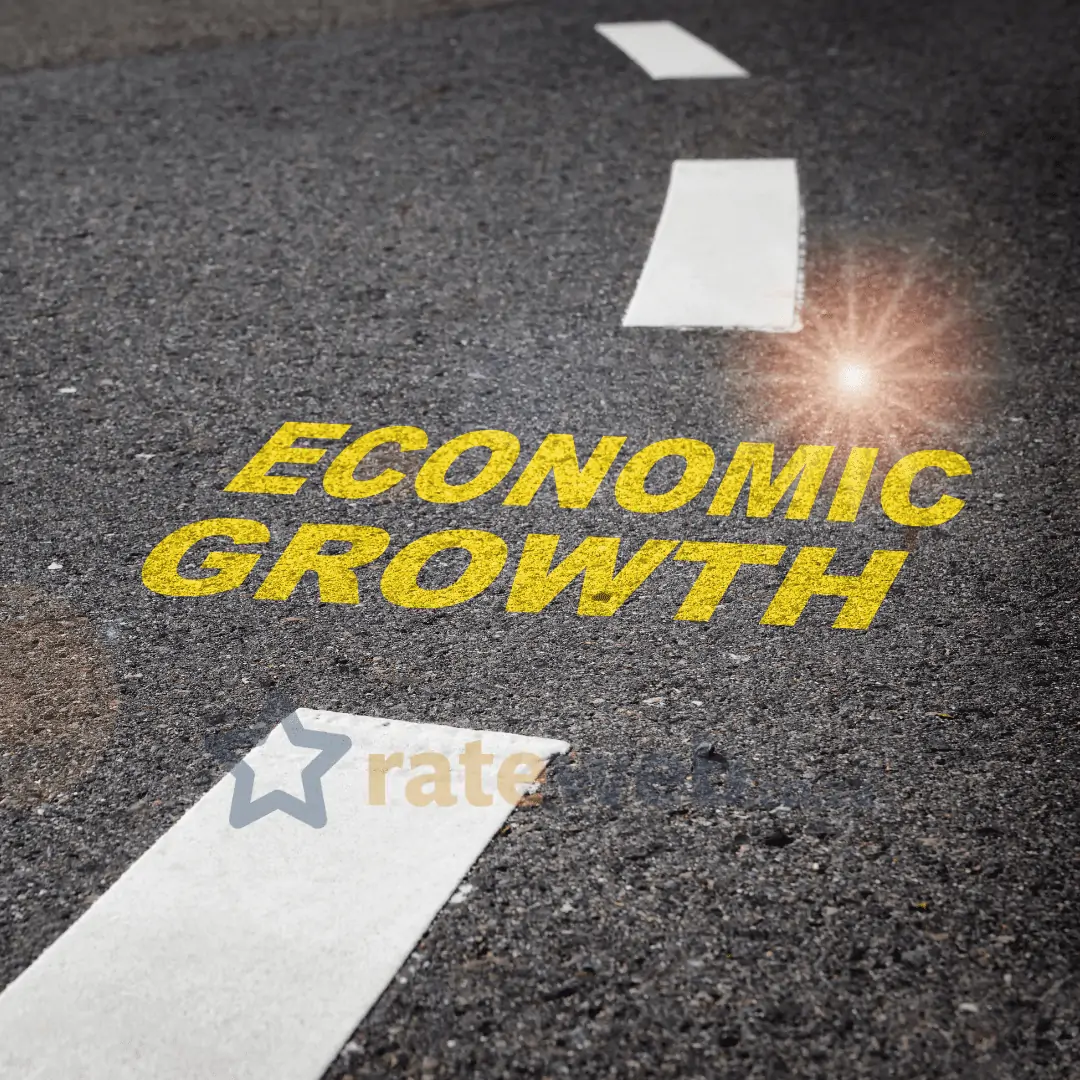
South Africa’s economy accelerated in the first quarter as the country recovered from a fourth wave of coronavirus infections and President Cyril Ramaphosa eased practically all remaining restrictions aimed at limiting the virus’s spread.
GDP increased by 1.9 percent in the three months to March, compared to 1.4 percent growth in the previous quarter, according to Statistics South Africa in a report released Tuesday in Pretoria. A Bloomberg survey of 13 analysts found that the median forecast for growth was 1.2 percent. The economy expanded by 3% over the previous year.
According to the statistics office, the economy is around the same size it was before the outbreak, at 1.15 trillion rand ($75 billion).
Africa’s most industrialised economy has been on a downward spiral since World War II, with yearly growth rates of less than 3% since 2012. Policy stalemate, sluggish business mood, and high levels of crime continue to weigh on fixed investment spending, with businesses leery of committing big quantities of money to domestic projects. Gross fixed capital formation increased by 3.6 percent year on year.
Household expenditure, which accounts for almost two-thirds of GDP, increased by 1.4 percent in the first quarter. Household consumption expenditure is projected to suffer as a result of rising fuel and food prices caused by Russia’s war with Ukraine. The South African Reserve Bank’s largest interest-rate increase in more than six years is also projected to have an impact on consumer debt-service expenses and disposable income.
After catastrophic floods in the eastern KwaZulu-Natal region – South Africa’s second-largest contributor to GDP – devastated businesses and interrupted operations at the country’s largest port, output is expected to decline in the second quarter. Eskom Holdings SOC Ltd., the state-owned power company, has introduced more frequent rolling blackouts, significantly reducing output.
Supply-chain disruptions caused by China’s Covid Zero policies, as well as war-induced concerns in the European Union, pose challenges to the domestic GDP prospects. The central bank cut its growth prediction for 2022 from 2% to 1.7 percent.
This website uses cookies.